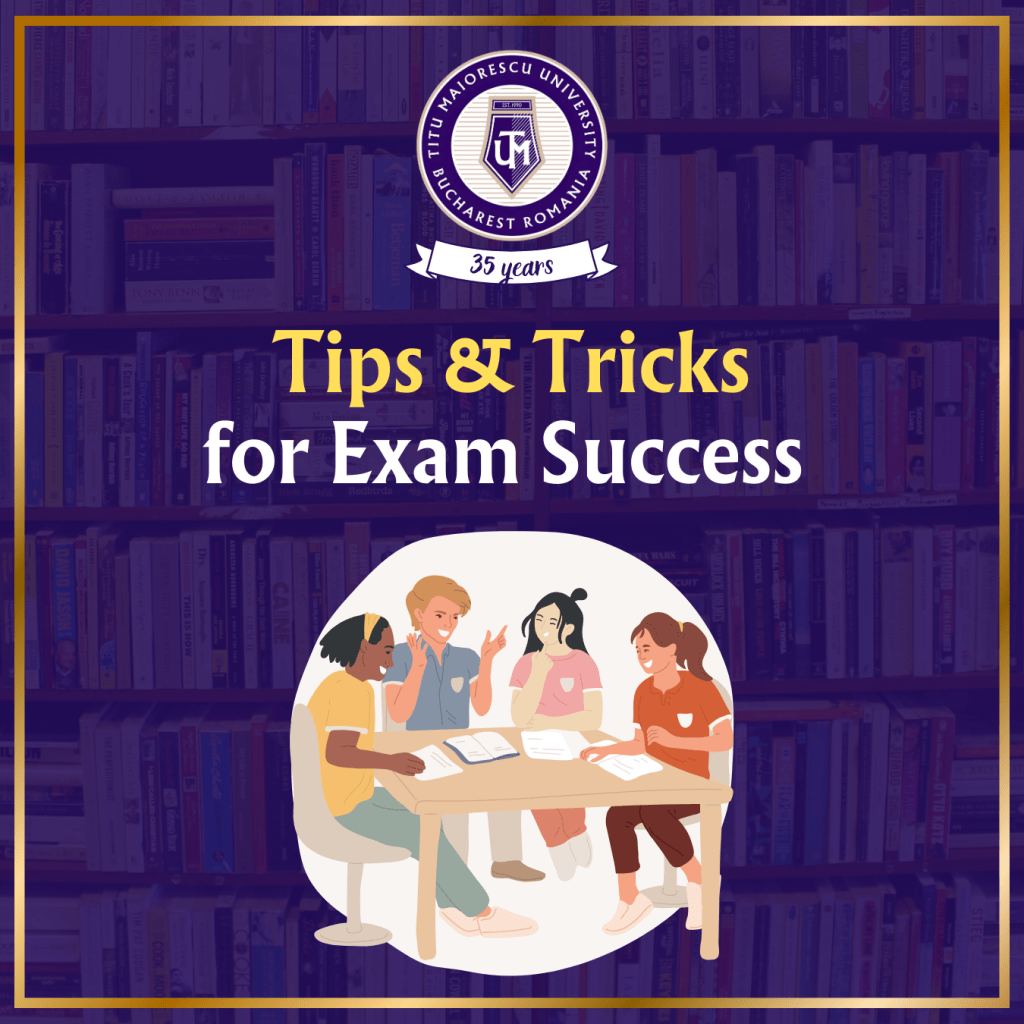Tips and Tricks for Exam Success
Before the Exam:
- Allocate Enough Study Time
Don’t cram! While some students thrive under pressure, most retain information better with spaced repetition. Create a study schedule, prioritizing subjects by difficulty. Allocate more time for challenging exams, but spread it out. For example, if you need 6 hours for a particular exam, spread those 6 hours over several days (e.g., 2 hours of study + review time per day). Spaced learning over two weeks is far more effective than a 6-hour cram session the day before.
2. Optimize Your Study Space
Ensure you have enough room for your textbooks, notes, and other materials. Choose a comfortable spot (armchair, couch, floor – whatever works!). Make sure the room is well-ventilated and adequately lit (natural light is best). Maintain good posture; discomfort affects focus. Minimize distractions. Experiment to find what works best for you – complete silence or background music, a tidy or cluttered space.
3. Use Diagrams and Charts
Visual aids enhance understanding and highlight connections between ideas. After reviewing material, create a schematic summary. Identify gaps in your knowledge, review the material again, and fill in the missing information. When the exam date approaches, reproduce your notes using diagrams, charts, or drawings emphasizing key ideas and connections. These visual aids are easier to recall during the exam.
4. Teach the Material to Someone Else
Explain the material to a study partner. Successfully explaining concepts demonstrates your understanding and boosts confidence. This process helps organize your thoughts and pinpoint knowledge gaps.
5. Take Regular Breaks
Studies show that regular breaks improve long-term knowledge retention. Develop a study routine that works for you. If you are a morning person, study early and take a break for lunch. If you are more productive at night, take a longer break earlier to ensure you are rested in the evening. Don’t feel guilty about stepping away to get some sunshine. Vitamin D is crucial for brain health.
6. Eat Healthy
Your diet impacts energy levels and focus. Avoid greasy foods. Nourish your body and brain with foods proven to aid concentration and memory, such as fish, nuts, seeds, yogurt and blueberries.
7. Stay Hydrated
Proper hydration is essential for optimal brain function. Drink plenty of water throughout your study period and on exam day.
8. Prioritize Sleep
Make sure you have a restful sleep the night before the exam. Go to bed early and avoid screens (TV, laptop, phone) before sleep.
On Exam Day:
Plan Your Day
Prepare everything you need in advance. Review the exam rules, check your technical equipment (if online: internet connection, webcam, software updates), and plan your travel time to arrive on time. Avoid adding extra stress. Eat a healthy, energy-sustaining breakfast. Avoid sugary foods, as the energy crash will follow quickly. Wear comfortable clothes. Avoid pre-exam discussions. Trust your knowledge.
During the Exam:
Focus and Concentrate
Read each question carefully. Underline key words. Think before you write, ensuring you answer the actual question. Manage your time effectively. Allow five minutes at the end to review your answers.
After the Exam:
Relax!
Avoid post-exam discussions with classmates. Focus on relaxation and recharge for your next exam.
We wish you the best of luck during your exams!

